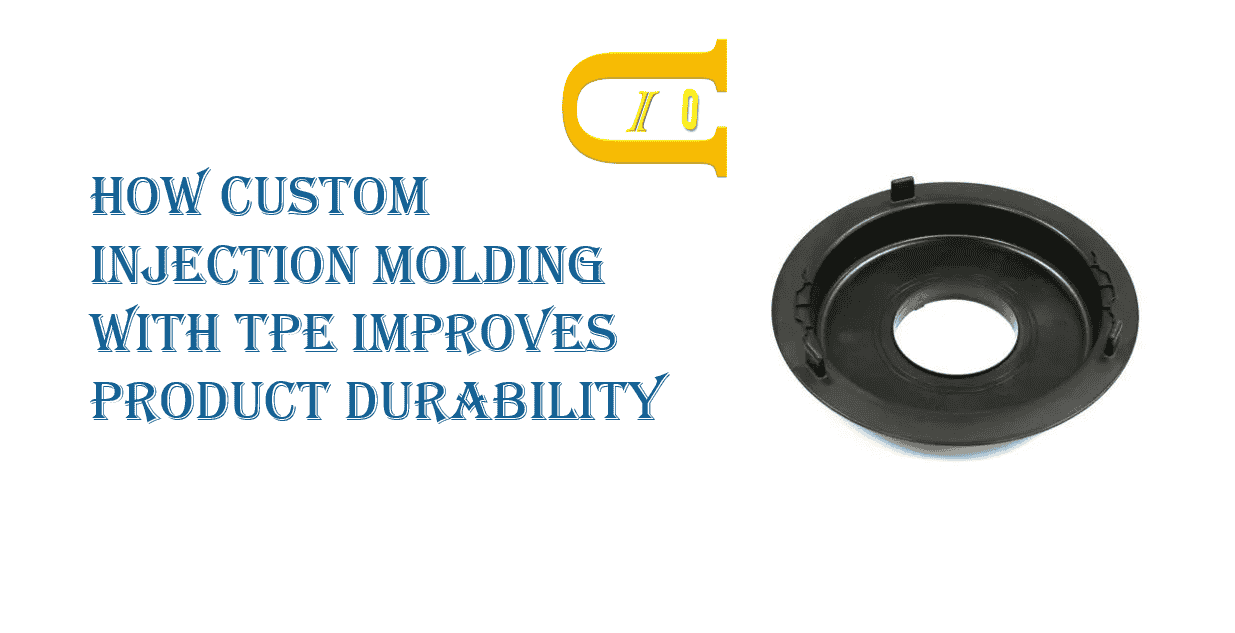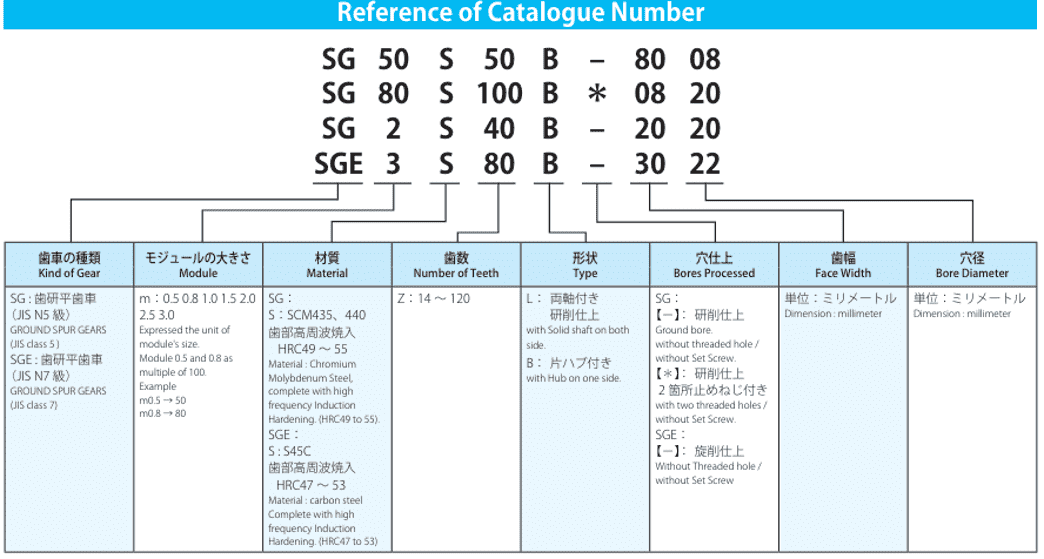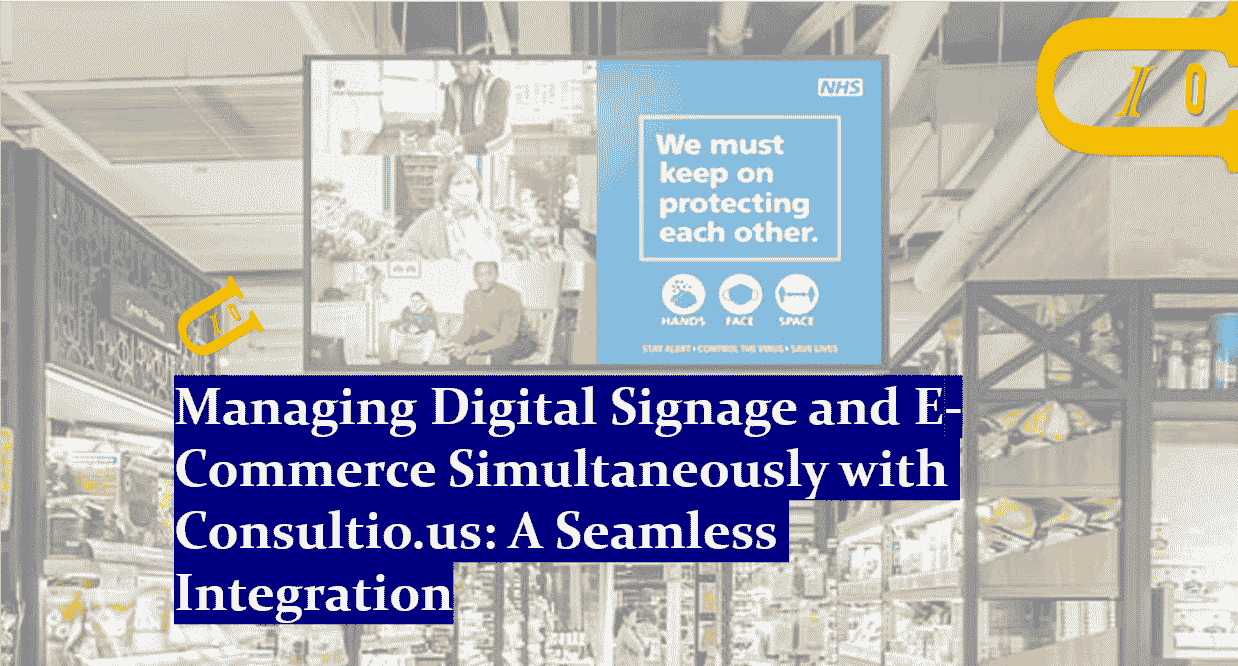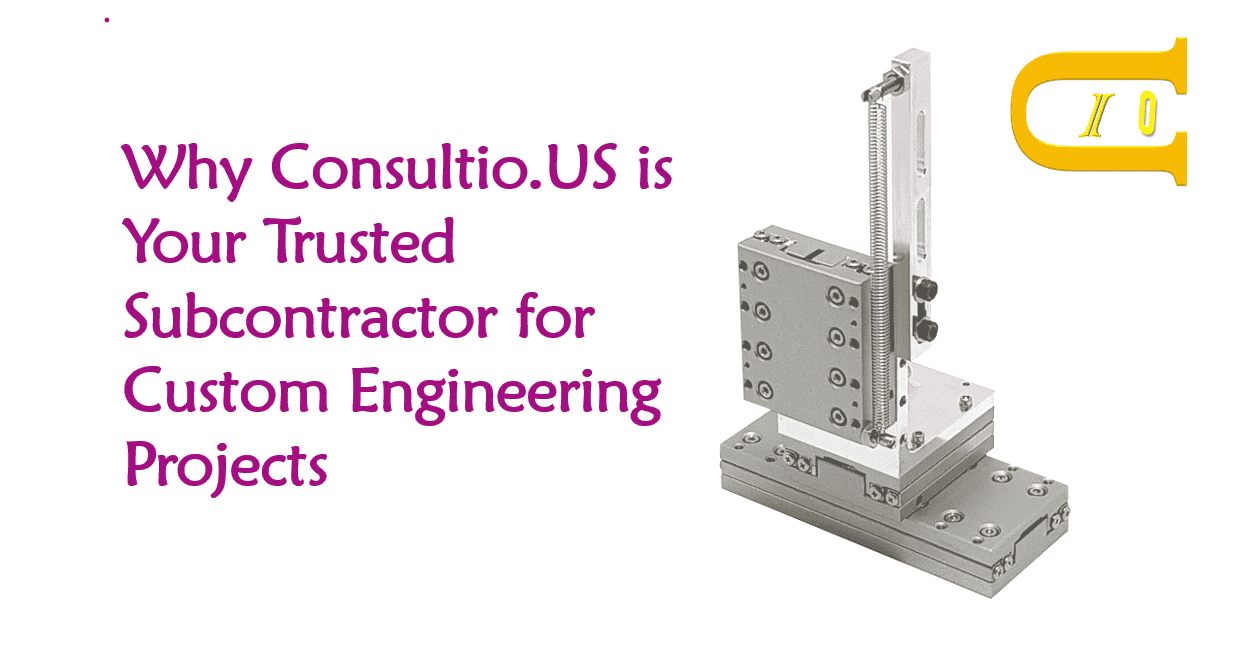How Custom Injection Molding with TPE Improves Product Durability

How Custom Injection Molding with TPE Improves Product Durability
In today's competitive manufacturing landscape, businesses are continuously seeking ways to improve the durability and performance of their products. One effective solution is custom injection molding with Thermoplastic Elastomers (TPE), a material that has gained significant popularity for its excellent combination of flexibility, resilience, and durability. In this article, we’ll explore how custom molding with TPE can enhance product durability, and why it is becoming the go-to choice for many manufacturers looking for molding durability solutions.
Table of Contents
- Introduction
- What is Custom Injection Molding?
- Why TPE for Custom Molding?
- How Custom Injection Molding with TPE Enhances Durability
- Molding Durability Solutions for Different Industries
- Conclusion
What is Custom Injection Molding?
Custom injection molding is a manufacturing process where molten plastic or other materials are injected into a mold cavity under high pressure. This technique allows for the precise creation of complex shapes, designs, and sizes for a variety of industries, ranging from automotive to medical devices. By utilizing custom molds, manufacturers can produce parts with specific characteristics tailored to their unique needs.
When combined with TPE, a material that blends the best qualities of rubber and plastic, custom molding opens up a world of possibilities for improving product performance and longevity.
Why TPE for Custom Molding?
Thermoplastic Elastomers (TPE) are a class of materials that exhibit both the elasticity of rubber and the processability of thermoplastics. TPE products are widely used across numerous industries, including automotive, medical, consumer electronics, and more, due to their versatility and exceptional physical properties. Some of the main reasons why TPE is ideal for custom injection molding are:
-
Flexibility and Elasticity: TPE materials offer superior flexibility, making them ideal for products that need to withstand repeated stress, bending, or compression without losing their shape. This flexibility directly contributes to the overall durability of the finished product.
-
Chemical Resistance: TPE has excellent resistance to a wide range of chemicals, oils, and solvents. This makes it suitable for applications where the product is exposed to harsh environments or substances that would degrade other materials.
-
Thermal Stability: TPE maintains its integrity even under high-temperature conditions, offering high performance in both hot and cold environments. Its ability to withstand heat is a significant factor in enhancing product longevity.
-
Environmental Resistance: TPE is resistant to UV rays, oxidation, and environmental stress, making it particularly useful for products that are exposed to outdoor conditions. This contributes to molding durability solutions for products that need to last over time.
How Custom Injection Molding with TPE Enhances Durability
By integrating TPE into the custom molding process, manufacturers can achieve several important benefits that directly improve product durability.
1. Stronger and Longer-Lasting Products
TPE materials are known for their durability in extreme conditions, whether the product is subjected to wear and tear, repeated flexing, or exposure to weather. Custom molding with TPE ensures that products are more resilient to physical stresses, significantly extending their lifespan. For instance, in the automotive industry, TPE components such as gaskets and seals are molded to withstand high temperatures, vibrations, and exposure to harsh chemicals, all of which contribute to their long-term durability.
2. Customization for Enhanced Performance
Custom injection molding allows manufacturers to design products with specific features that enhance performance and longevity. For example, by adjusting the TPE composition or mold design, manufacturers can improve attributes such as hardness, abrasion resistance, and impact resistance. This degree of customization ensures that products not only meet but exceed the required durability standards.
3. Improved Wear Resistance
TPE’s superior wear resistance makes it an ideal choice for parts that experience constant friction or movement. Products made from TPE through custom molding retain their shape and functionality for longer periods, minimizing the need for replacements or repairs. This is particularly advantageous in industries such as robotics, automotive, and appliances, where downtime can be costly.
4. Better Shock Absorption
One of the key benefits of TPE is its excellent shock-absorbing qualities. When incorporated into custom injection molding, TPE can provide significant cushioning for products that need to absorb impact or pressure. This capability makes TPE products more durable in situations where other materials might crack, break, or lose their integrity. Whether it’s in protective cases for electronics or automotive parts, TPE’s shock absorption ensures durability and longevity.
5. Cost-Effective Durability
Custom molding with TPE offers a cost-effective solution for improving product durability. Unlike traditional rubber, TPE can be processed using standard thermoplastic injection molding machines, making it more efficient and affordable for large-scale production. Additionally, the reduced wear and tear on TPE components mean fewer replacements and maintenance costs over time, resulting in long-term savings.
Molding Durability Solutions for Different Industries
The versatility of TPE, combined with the precision of custom injection molding, makes it an excellent choice for a wide variety of industries, each requiring unique molding durability solutions. Here are just a few examples:
-
Automotive: TPE is used for gaskets, seals, and interior trim components. Its ability to resist UV light, extreme temperatures, and chemicals makes it ideal for long-lasting automotive parts that perform well over time.
-
Consumer Electronics: In consumer electronics, TPE is used for mobile phone cases, cable sheathing, and other parts that require flexibility, impact resistance, and durability.
-
Medical Devices: TPE products, such as seals, tubing, and grips, are often used in medical devices. Their biocompatibility, chemical resistance, and ability to withstand sterilization processes make them perfect for ensuring product durability in the medical field.
-
Industrial Applications: For industrial equipment, TPE is used in seals, gaskets, and other components that must endure harsh working environments, chemicals, and repeated use.
Conclusion
Custom injection molding with TPE provides exceptional molding durability solutions that improve product performance and longevity. By leveraging TPE’s unique properties such as flexibility, chemical resistance, and wear resistance, manufacturers can create products that last longer, perform better, and reduce overall maintenance costs. Whether in the automotive, medical, or consumer electronics sectors, custom molding with TPE is an essential tool for ensuring durable, high-quality products.
For manufacturers looking to improve their product durability, TPE offers a promising solution that combines advanced material properties with the precision and flexibility of custom injection molding.
Related Products
Here are some relevant statistics and facts that could enhance the article:
1. Global Market for Thermoplastic Elastomers (TPE)
- The global TPE market was valued at USD 17.5 billion in 2023 and is projected to reach USD 25.1 billion by 2030, growing at a compound annual growth rate (CAGR) of 5.2% from 2023 to 2030. This growth reflects increasing demand for durable, flexible, and high-performance materials like TPE in various industries, including automotive, healthcare, and consumer goods. (Source: Grand View Research)
2. Durability and Longevity of TPE Products
- TPE products are known to offer exceptional impact resistance, with some types demonstrating up to 50% higher resistance to wear and tear compared to conventional rubber materials, particularly in automotive and industrial applications. (Source: Plastics Technology)
3. Cost-Effectiveness in Manufacturing
- Studies show that custom injection molding using TPE can reduce production costs by up to 30% compared to traditional rubber molding. This is due to the ease of processing TPE with standard thermoplastic injection molding machines, resulting in faster production cycles and lower tooling costs. (Source: Plastics News)
4. Environmental Resistance of TPE
- TPE has been shown to maintain 80-90% of its original physical properties after extended exposure to ultraviolet (UV) light and weathering. This makes it highly suitable for outdoor applications like automotive seals and weather-resistant consumer products. (Source: TPE Solutions)
5. Impact on Automotive Industry
- TPE is a key material in the automotive industry, with over 60% of vehicle components that require flexibility, sealing, or resistance to high temperatures made from TPE. Examples include gaskets, seals, and interior trim components, all of which benefit from TPE’s durability and performance under stress. (Source: TPE Market Report)
6. Medical Device Durability
- TPE is increasingly used in medical devices due to its biocompatibility and ability to withstand multiple sterilization cycles. TPE materials can endure over 100 sterilization cycles without degradation, a critical factor for medical equipment that must remain reliable over time. (Source: European Medical Device Association)
7. Growth in Consumer Electronics
- The global market for TPE in consumer electronics is projected to grow by 7.5% CAGR from 2023 to 2030. This is driven by the need for impact-resistant, shock-absorbing materials for smartphones, wearable devices, and other electronics. (Source: Allied Market Research)






